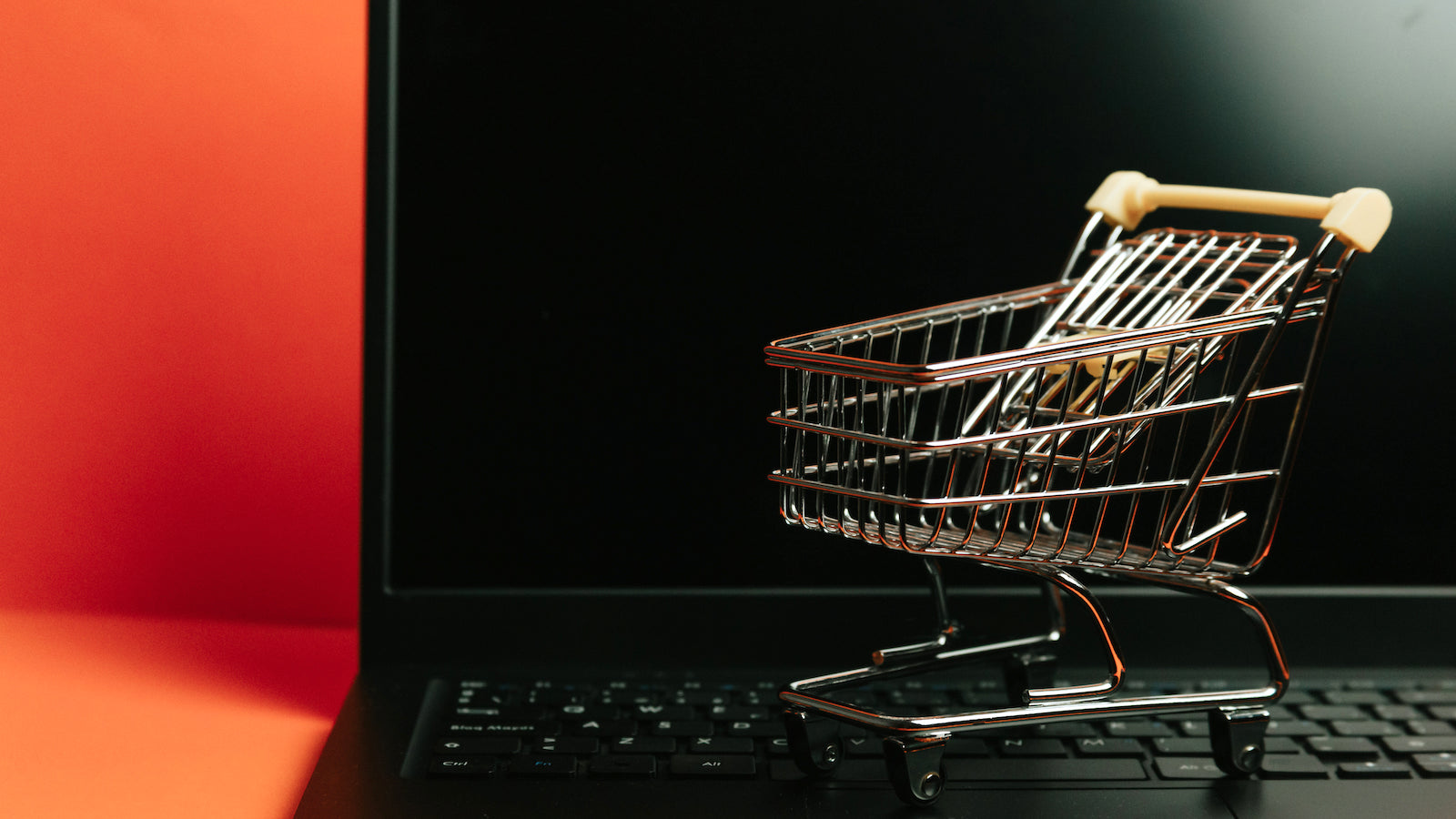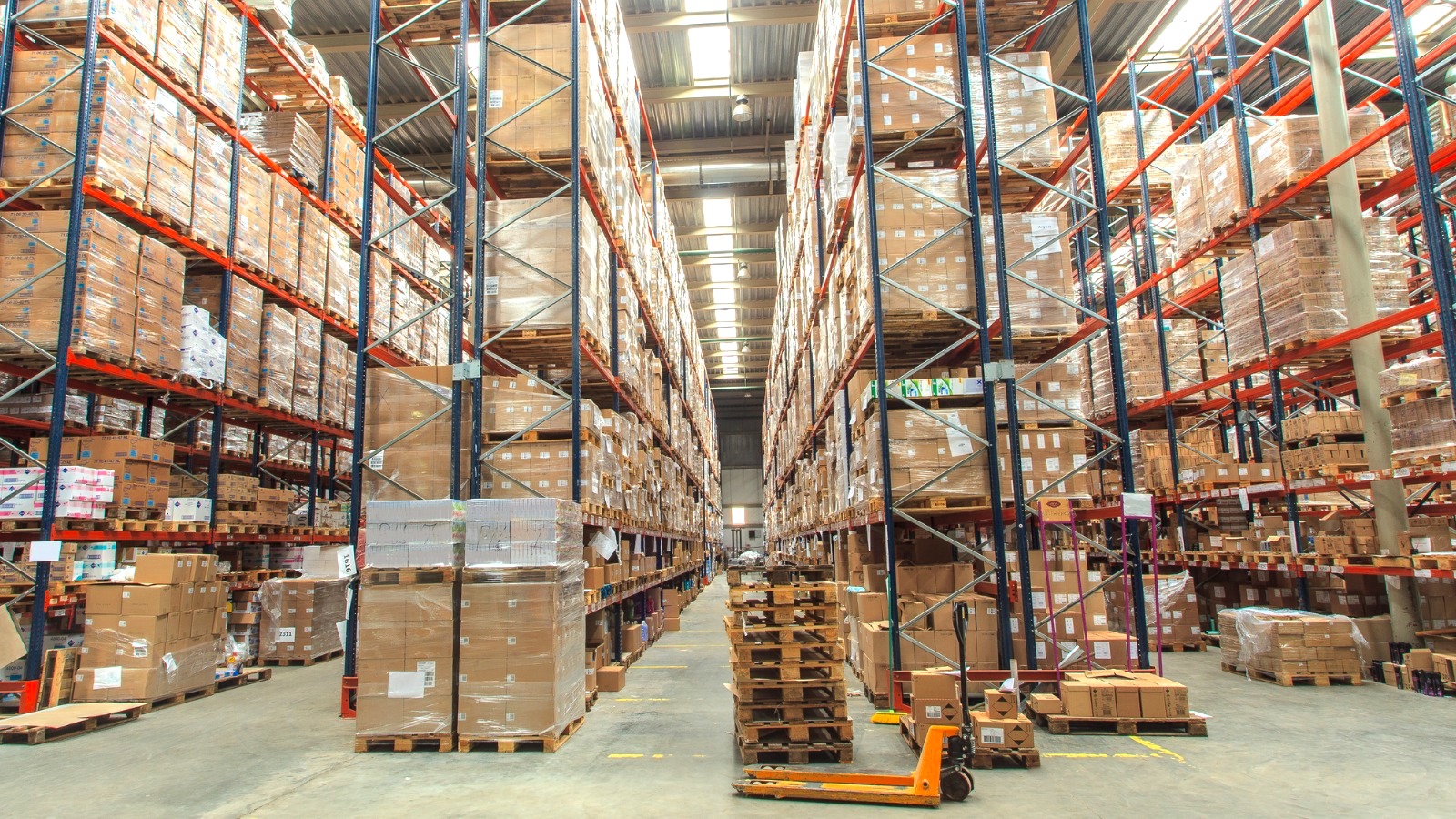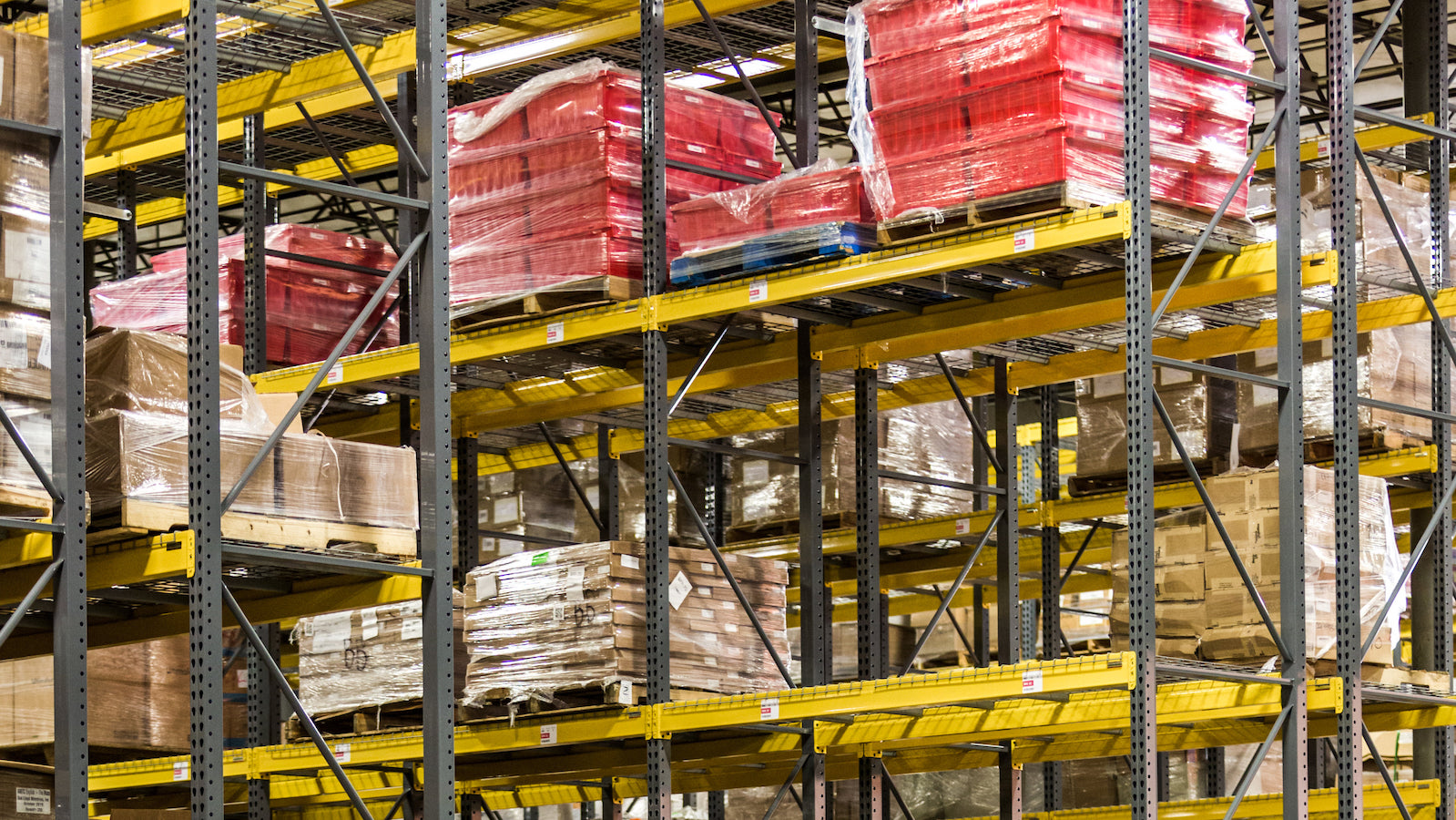Table of Contents
** Minutes
Pros and cons of D2C ecommerce
Starting or growing your D2C business
When you think of ecommerce, retail giants like Walmart, Target, and Amazon might come to mind. For years, these companies dominated the market.
Now that’s gradually changing. D2C ecommerce has become an extremely popular approach in the past few years and is disrupting the way consumers are shopping.
But what’s the meaning of D2C? How does it differ from retail ecommerce? And why should businesses consider this approach?
In this post, we’ll explore what D2C is and how you can start or grow your D2C business. Let’s jump in.
What is D2C?
Direct-to-consumer, or D2C, refers to the process of manufacturers or producers selling items directly to the customer without involving an intermediary such as a vendor, a reseller, or a retailer.
The brand is responsible for the entire process of marketing the products, distributing them, and delivering them to the customers. Additionally, distribution is carried out through the brand’s own channels such as their ecommerce website, retail store, or social media platforms.
Pros and cons of D2C ecommerce
D2C ecommerce gives brands more control over their distribution and fulfilment because it eliminates the middleman. While there are many advantages, D2C also comes with a few challenges.
Let’s take a look at the biggest pros and cons of D2C ecommerce:
D2C pros
- Increased brand autonomy: D2C ecommerce gives you total control over distribution networks, brand engagement, and reputation. In other words, consumer perception of your brand can’t be affected by a poor-performing retailer. Since you’re selling directly to the customer, you can effectively manage your reputation by meeting the branding standards that you’ve set. Eventually, this also gives you higher control over your margins.
- Ability to build brand-consumer relationships: D2C ecommerce gives you the opportunity to deal directly with the customers, which helps strengthen your relationship with them whether it’s through email, social media, or even phone calls. In addition, you can get proprietary data on your customers, which helps you to understand them better to inform your manufacturing and marketing decisions.
- Enhanced omnichannel experiences: Since you’re in total control over different touchpoints, you have the ability to ensure that consumer experiences are consistent and coherent across multiple channels. This allows you to deliver a consistent omnichannel experience whether it’s through SEO, website, packaging, social media, or even print media.
D2C cons
- Fierce competition: A major challenge is that you have to compete with large retailers like Amazon or Walmart, which have already established a strong ecommerce presence. As such, you may struggle to gain visibility and earn the trust of your target customers. Additionally, it may be challenging to keep up with the fast and affordable delivery standards that have been set by retail giants.
- The need to multitask: In D2C ecommerce, you can no longer focus solely on manufacturing products. You now have to oversee multiple other functions such as marketing, sales, and fulfilment. It’s crucial to find a reliable service partner along with a robust software solution to take care of some of these functions.
Starting or growing your D2C business
Whether you’re just starting out or you want to optimise your existing D2C business, there are a few essential steps you should take to streamline the process.
Establish your brand
Successful D2C ecommerce involves building a strong brand. This requires setting the standards for your branding and ensuring that those standards are maintained at all times – starting from the way your website looks and how your catalogueueue is managed to how your products are packed and delivered to how your brand interacts with people on social media. Your brand personality and identity should be clear and consistent across every channel and customer touchpoint.
Start by clearly defining what your brand is all about. Ask yourself:
- What is your unique value proposition?
- What makes you different from the competition?
- What do you stand for?
- What kind of personality and voice define your brand?
Once you’ve answered those questions, you can create brand style guides and mission statements that will be used as a foundation to meet your branding standards.
Utilise ecommerce platforms
Since you’ll be eliminating intermediaries, it’s important that you offer a seamless way for your customers to buy your products. That means setting up an ecommerce store where customers can browse your products and place their orders easily. For this, you’ll need to strengthen your ecommerce infrastructure and invest in a robust ecommerce platform that offers optimal performance.
Make sure you choose an ecommerce platform that offers design flexibility and is optimised for speed and performance. It should be able to let you manage your inventory and orders across multiple channels, especially if you’re engaging in omnichannel selling. Another important feature is ecommerce analytics, so you can keep track of vital ecommerce KPIs and look for opportunities to improve your performance.
Partner with a 3PL
One of the most challenging aspects of managing an ecommerce operation is fulfilment. The entire process of figuring out D2C logistics and ensuring that orders are delivered efficiently and on time can be extremely complicated. Not to mention maintaining your own fleet for shipping out orders can be expensive and risky.
Rather than trying to manage it all on your own, consider partnering with a third-party logistics company (3PL). 3PL distribution involves outsourcing your entire distribution process to a 3PL, so you can have experts taking care of order processing, fulfilment, and shipping. This saves you tons of time and lets you streamline the entire fulfilment process so you can focus on other important operational tasks.
With the right 3PL, you can even speed up order delivery times and provide your customers with fast and affordable shipping. For example, ShipBob gives you access to an expansive distribution network where you can store your inventory strategically to be closer to your customers. This allows you to ship out orders from the nearest fulfilment centre so they reach customers in the shortest amount of time possible.
Additionally, partnering with a 3PL allows you to provide a seamless delivery experience and keep up with the branding standards that you’ve already established. You can strengthen your reputation as a brand that provides exceptional customer experiences.
Offer free trials and free samples
Emerging D2C companies often struggle to get customers because they’re still building a name for themselves. At this time, people may still be hesitant to buy your products because they’re not sure if it will work for them or if it’ll be the right fit. To win the trust of prospective customers, provide free samples so they can see just how well your products work.
Or in the case of subscription services, free trials are a great way to establish trust with your customers and prove just how good your service is. But it’s also important to deliver exceptional service from the get-go, which increases the chances that people will keep coming back to your store. So in addition to the free trials and samples, you should also provide an outstanding delivery experience.
ShipBob’s software can help with D2C fulfilment
ShipBob comes with proprietary software that streamlines and simplifies D2C fulfilment. The software allows you to keep track of your inventory in real-time so you always know what’s in stock, how much stock you have left, and what needs reordering. This visibility makes your DTC inventory management much more efficient. ShipBob’s technology integrates with your ecommerce platform so stock levels are automatically synced and updated on your product pages to prevent overselling.
This seamless integration also allows you to automatically receive and process orders as they come in, so they can quickly get into the fulfilment pipeline to speed up the fulfilment process. That means orders are shipped out faster to get to your customers on time.
Moreover, ShipBob lets you take advantage of a wide network of fulfilment centres. This allows you to distribute your inventory strategically based on your customers’ locations so orders have to travel for the shortest amount of time possible. So you can offer fast and affordable D2C shipping, delivering orders in as little as two days.
ShipBob even offers the option to strengthen your branding with custom packaging from Arka. So your brand can stand out with packaging that looks and feels like your brand. This is a great option for D2C companies that want to establish a strong brand identity across all consumer touchpoints.
D2C FAQs
Here are answers to the top questions about selling D2C.
What is D2C vs B2C?
D2C involves manufacturers or producers selling the product directly to the customer without an intermediary involved. In traditional B2C, the product is first taken from the manufacturer or producer to a wholesaler, who then sends it to a distributor, from where retailers procure the product to sell to the customer.
What are the benefits of D2C?
D2C selling gives businesses more control over their brand, reputation, and distribution networks. This makes it much easier to manage brand reputation and meet their quality standards. It also enables them to deliver a consistent omnichannel experience. Moreover, brands can develop a strong relationship with their customers since they’re directly dealing with them.
Does ShipBob help D2C fulfilment?
ShipBob has helped many D2C brands to deliver exceptional fulfilment experiences even with multi-channel ecommerce. Infuze, Dossier, and Juspy are just a few of the D2C brands that have been able to enjoy ShipBob’s fulfilment service. You can check out case studies of brands that successfully leveraged ShipBob for D2C fulfilment.



